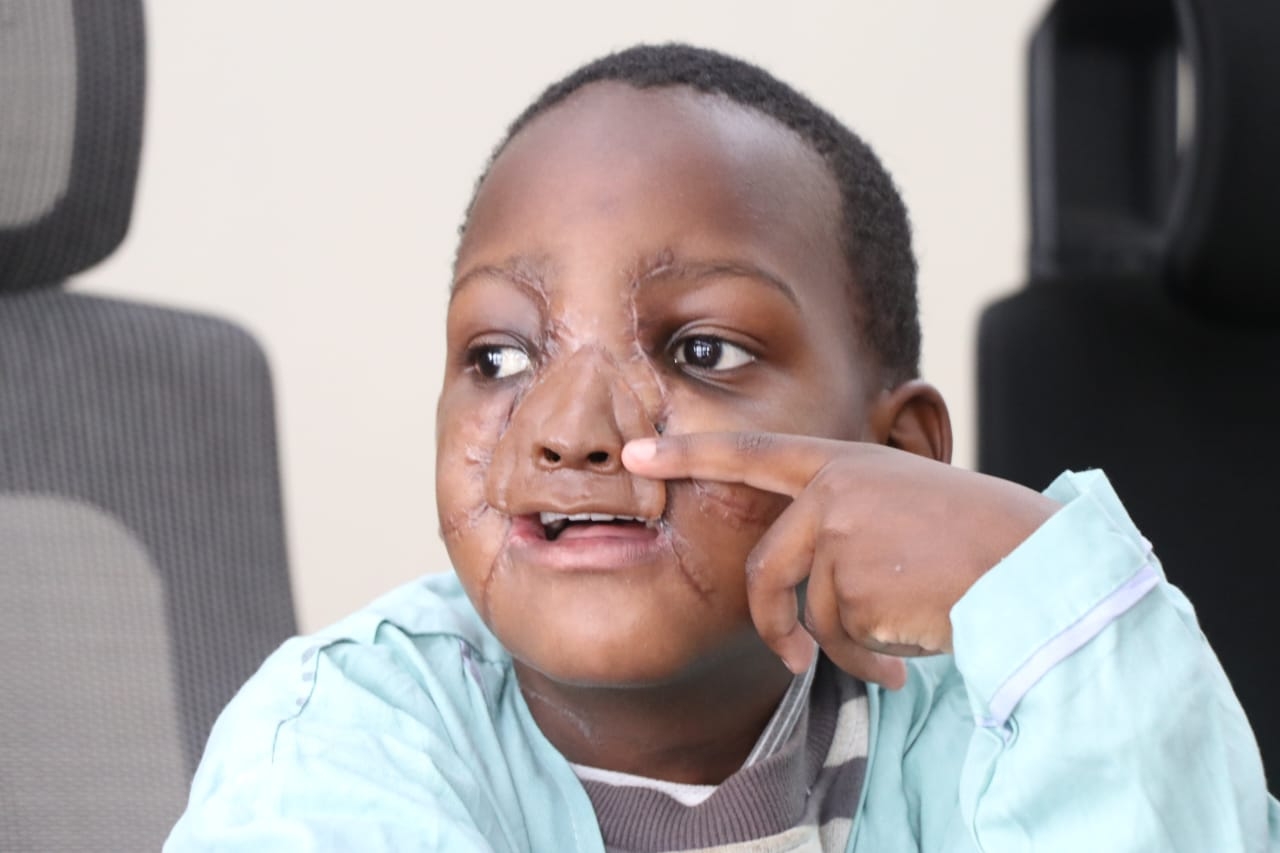@Alicewangechi
Patriachal ideologies held by most Kenyans have been blamed for the reduced health and nutrition among women.
Nutrition International, an organisation that fights malnutrition in about 60 countries, has said the poor nutrition that most girls are exposed to early in life reduces their learning potential, increases reproductive and maternal health risks, and lowers their productivity.
This, in turn, contributes to their diminished ability to gain access to other assets later in life and undermines attempts to eliminate gender inequalities.
Caroline Mukeku, the organisation’s regional gender and equality advisor, said gender barriers are often witnessed in societies with deeply entrenched patriarchal structures where men control access to health and nutrition services.
In such societies, women and girls are regarded as inferior to men and boys despite the vital role they play in providing food and nutrition security.
Mukeku addressed journalists during a training forum in Murang’a town on Wednesday. She said some social norms force women to eat last and access a minimal amount of food after feeding their husbands and children despite their greater nutrition needs.
Gender roles in the household also compel women to spend long hours doing physical work, which can have a negative effect on health and pregnancy outcomes.
In some communities, the decision to seek health care services is controlled by men, restricting a woman’s ability to seek treatment for herself or her children when unwell.
But Mukeku noted that when women are empowered to claim their rights, it leads to their improved health and nutrition, and a better quality of life for their families.
Further, money controlled by women is more likely to be spent on food and healthcare in the household.
The organisation has partnered with Murang’a county government to improve nutrition among women, adolescent girls and new born children.
The two partners are undertaking a Sh123 million programme that provides weekly iron and folic acid supplementation, and nutrition education for adolescent girls.
It is also working to boost the coverage of Vitamin A to above 90 percent for children aged between six to 59 months and ensure expectant women consume 90 iron-folic acid tablets to reduce the risk of low birth weight, maternal anaemia and preterm birth.
Out of the funds, Murang’a county contributes Sh63 million while the NGO contributes Sh60 million.
Mukeka said the organisation is now pushing for more involvement of men in ante-natal care saying that studies have shown that women with more support attend more antenatal clinics and tend to deliver in hospitals.
“We’ve seen some health facilities incentivise the attendance of men in antenatal care by prioritising women who are accompanied by their husbands”.
She said nutrition has a great impact on the development of a baby and that teen mothers without proper support risk giving birth to stunted babies.
“If a teen mom does not get the right nutrition, she may give birth to a stunted baby with a poorly developed brain who will later struggle in school and may end up dropping out or falling pregnant early”.
Adolescent and Women Health Nutrition senior programme officer Christine Makena on her part noted that many women prefer lessened antenatal visits due to their workload in their homes.
She said a survey conducted by the organization indicated that majority of couples who made antenatal visits together were younger.
Mother to Mother and father to father support groups were found to be instrumental in sharing good practices and providing the necessary support.
“There is a low male involvement in child care and seeking health care due to the notion that men are strong. This causes men to seek care when a disease has progressed and reached life threatening stage”.












